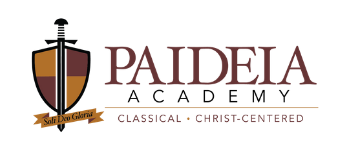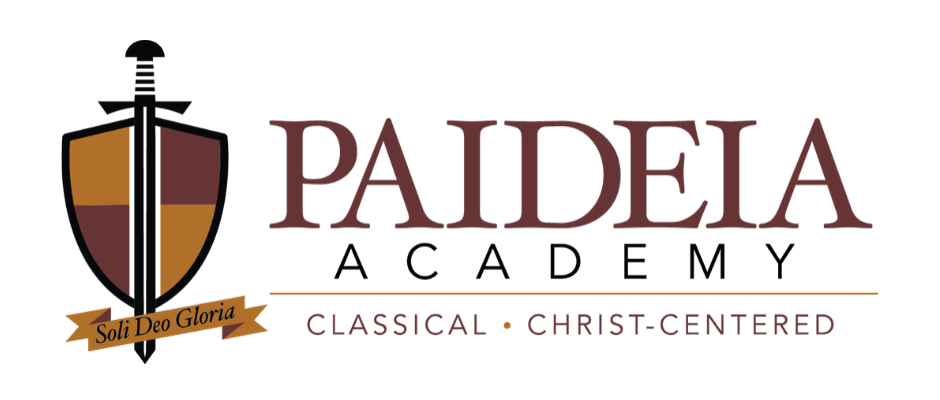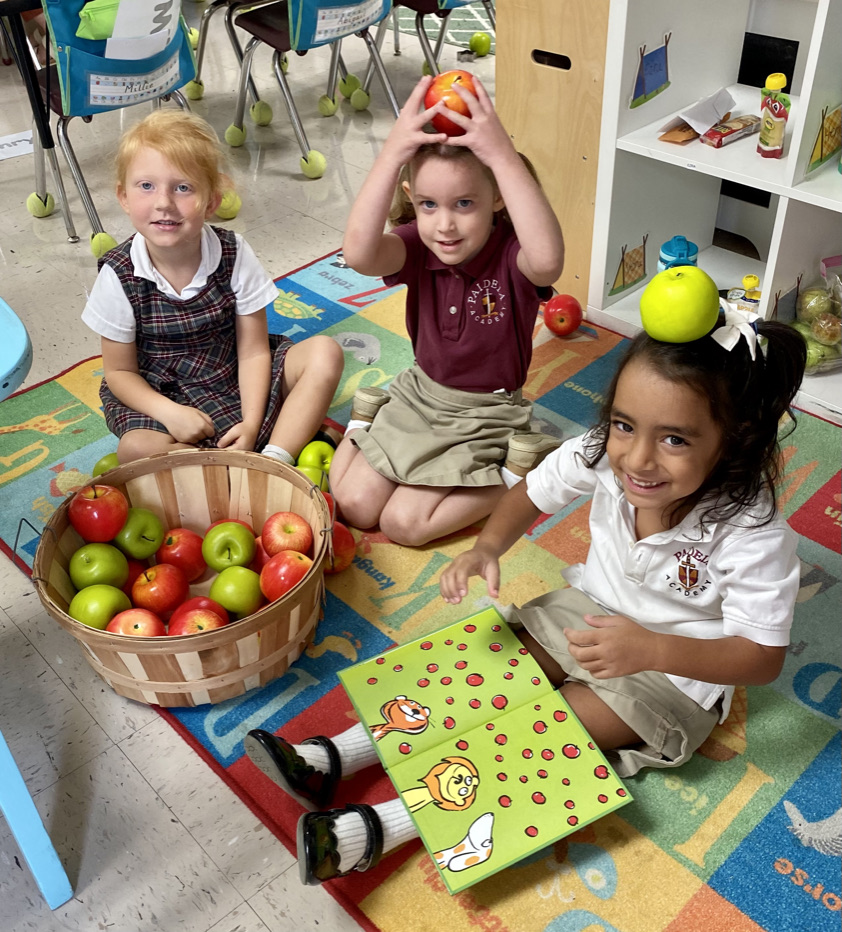We teach utilizing the classical method, equipping students with the ability to think and learn for themselves by empowering them with the tools of learning. The student’s whole person is shaped as he interacts with great thinkers and writers of our past, studying language and humanities, math and science, and the arts.
The substance of classical education is the liberal arts curriculum. Liberal comes from the Latin word “liber,” meaning “free.” To the ancient Greeks and Romans, free citizens required an education that cultivated their minds and equipped them to contribute to their society in a positive way. Medieval scholars expanded this idea by seeing these liberal arts as preparation not only to create rich minds and souls for this life, but also to cultivate citizens in God’s eternal kingdom.
Much of contemporary education has turned away from this pursuit. In her 1940’s essay entitled, “The Lost Tools of Learning,” Oxford scholar Dorothy Sayers remarks, “Is it not the great defect of our education today that although we often succeed in teaching our pupils ‘subjects,’ we fail lamentably on the whole in teaching them how to think? They learn everything, except the art of learning.”
Our elementary education emphasizes core knowledge of each subject through intensive instruction in phonics and reading, development of key writing skills, and mastery of language arts, math, science, and Bible.
As students mature into middle and high school the focus shifts to critical thinking, effective communication, and analysis of great ideas across all subjects.
This kind of education has produced many great leaders and thinkers throughout the centuries.




